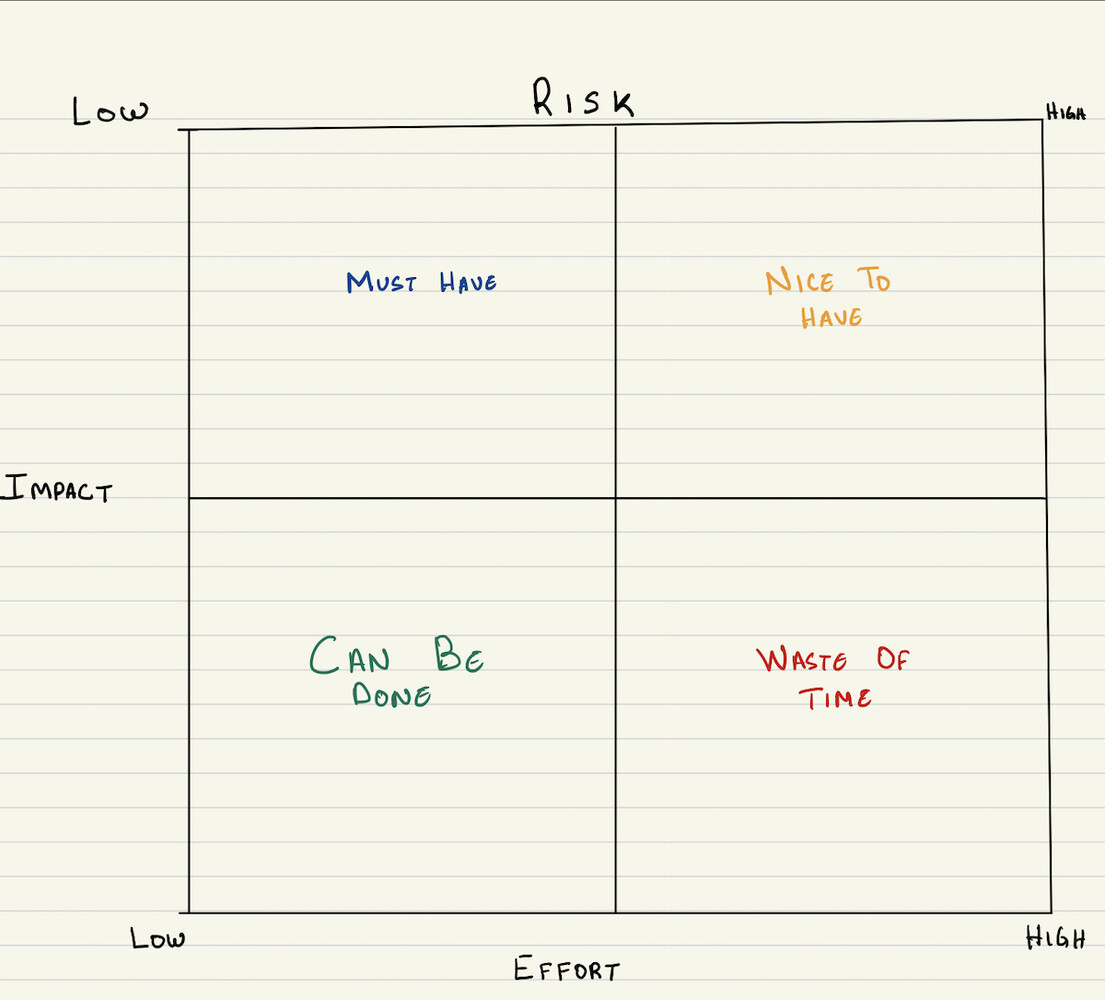
Top 4 Responsibilities of a Product Manager
As a product manager, there are so many things that you are responsible for, and usually, a product manager always wears many hats. In today’s blog, I want to talk about the top four responsibilities of a product manager, in my opinion. A little introduction to my background and how I was I am involved as a product manager. I would call myself an accidental product manager. I moved from a Software Development role to product management. Currently, I work as a Product Manager at Kynza Group.
So, what are the top responsibilities of a product manager? To answer that, we need first to see what type of product manager you are. There are essentially three types of PMs:
- Internal Product Manager
- Consumer Product Manager
- B2B/SAAS Product Manager
In a future post, I will break down the roles and responsibilities of each type of product manager. For today, I will talk about the overarching duties of a Product Manager.
1: Responsible for the Product Success
The number one responsibility of a product manager is to drive the direction of the product. Let us take the analogy of a car; the product manager is the navigator of the vehicle. The product manager is responsible for ensuring that the product is headed in the right direction. They are to guide the developers, marketers, testers towards the requirements or the vision of the product. As a product manager, it is essential to keep in mind the end goal and navigate the entire team towards that goal.
2: Communication Hub
As the liaison between many teams, the product manager is the communication hub of the entire team. As a product manager, you are responsible for ensuring the whole team is on the same page. You must let the development team know about any bugs reported from the client success team or inform the design team regarding the new features. You will also act as the centre for any communication. If you are working in a small agile team, you will also organize your weekly work sprints. If you are a person who doesn’t like talking to people and guiding them, then the product management role might not be for you.
3: Researcher
As a product person, you need to find stats, numbers, facts to ensure that your product moves in the right direction. Your research could include Competitor Analysis, SWOT analysis, Industry Trends, User Analysis, and more. With the responsibility of the product success on your shoulders, it always helps if a product manager is well informed or can quickly get information. As a researcher, you will be responsible for reading through articles, blogs, reports, white papers and even analyze data to some extent. In short, a product manager conducting research should absorb the most information possible and rely upon it in the quickest way possible. To do this, it usually helps to present your findings as a slide deck or a simple one-pager.
4: Prioritize
Prioritization is probably one of the most critical responsibilities of a product manager. A product manager must have a vision for the app and must also understand what features are required and what features are nice to have. In my experience, I have usually found that the best way to prioritize is using the MoSCoW method.
- Must have: These are the features that you think your product must-have for success.
- Should have: These are features that could impact your product if omitted but are not mandatory.
- Could have: These are features that you have little to no impact on your product if missed.
- Won’t have: Those features that are not a priority currently and have no impact fall under this category.
The MoSCoW methodology is one of the ways to prioritize your features and ensure your product’s success. Another popular method is by calculating the Impact, Risk and Effort of your features. Check the diagram below:

TLDR:
The top responsibilities of a product manager are:
- Responsible for product success: A product manager ensures that the team is aware of the vision and mission of the product.
- Communication Hub: A product manager is the middle person between different teams and helps facilitate communication between the teams.
- Researcher: A product manager must be the knowledge hub and be prepared to conduct research, SWOT analysis, customer feedback surveys etc.
- Prioritize: The product manager is responsible for ensuring the entire team is moving towards the product’s vision by prioritizing the various features.